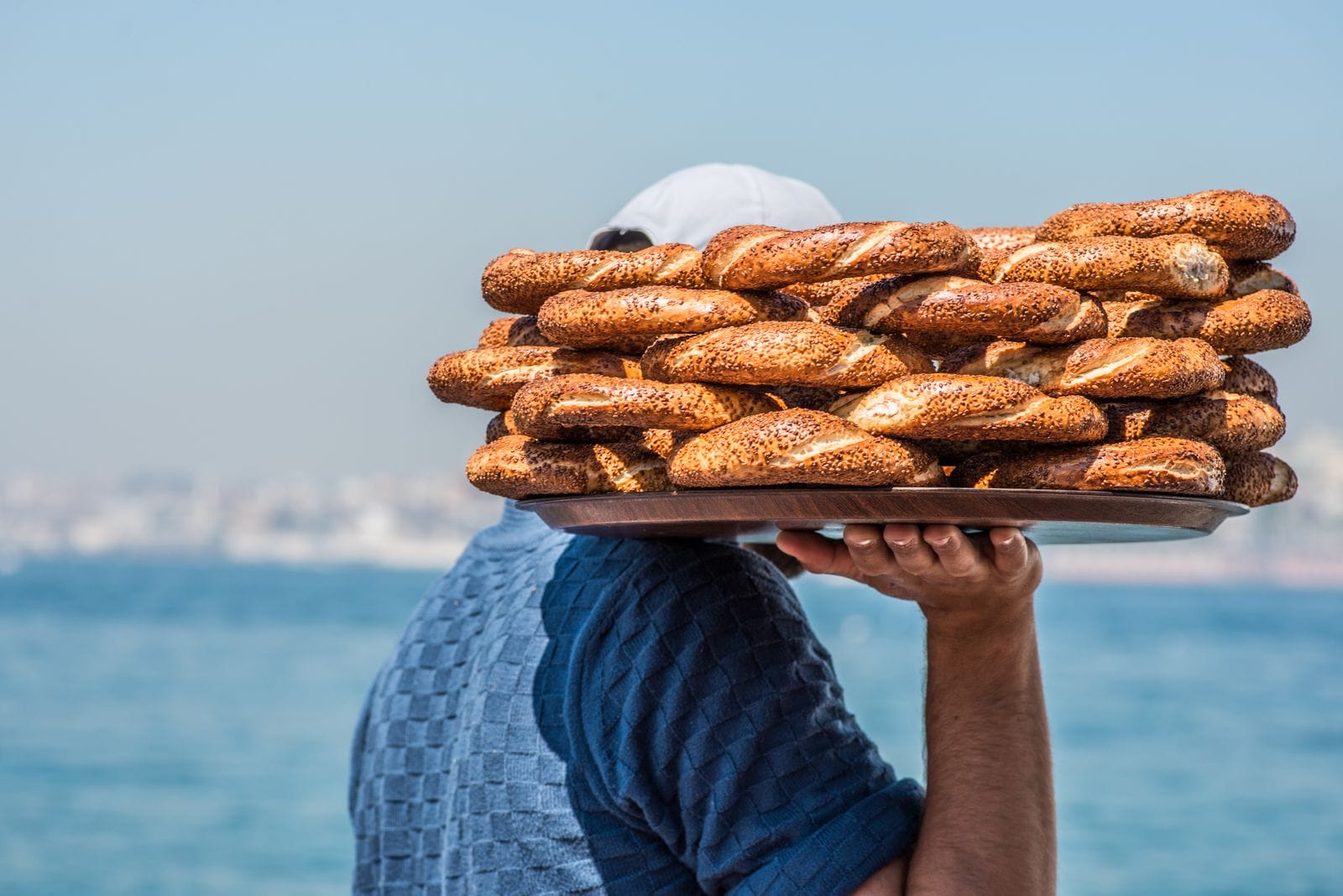Despite the image that Greece wants to sell the world as a holiday destination of eternal summer with beautiful beaches and clear water, the fact remains that it is a very mountainous country – almost a third of Greek land consists of hills and mountains. Most are forested, hosting a great diversity of ecosystems that offer fertile ground for mushrooms in particular.
That said, mushrooms don’t feature prominently in traditional Greek dishes, and many people avoid them altogether, even the common cultivated varieties, from fear of getting sick. For many, meanwhile, mushrooms don’t evoke the best memories: During the 70s and 80s, the tinned variety was mainly used in cooking, as fresh cultivated mushrooms were rare and expensive. Although this picture has changed quite drastically in the last 20 years, during which time the cultivation of both common and rare varieties has increased in the country, Greeks are still a bit wary when it comes to mushrooms.

The lack of education on how to use mushrooms in the kitchen, however, did not deter Stathis Giannatos from opening, in 2016, the first ever shop in the Athens area selling wild and cultivated mushrooms, both fresh and dried, as well as an enormous variety of mushroom-based products, all of them strictly of Greek origin.
“I used to work in non-food supermarket supply for 20 years. Mushroom foraging was just a hobby that gradually, in the course of 16 years, turned into a passion,” he tells us on a recent visit to his shop in the northern suburb of Nea Erythraia. “As my job started to wither, I decided to make my passion into a profession and open Manitarion Gefseis [Taste of Mushrooms] in 2016. I strongly believe that in order for Greece to go forward people have to take advantage of its marvelous products and start innovative businesses to make them well known to the world. We have great quality raw materials, and mushrooms are only one such case – there are countless others! We can’t go around only opening coffee and souvlaki shops.”
Stathis is a serious mushroom hunter these days: He owns a truffle dog and picks many of the mushrooms and truffles he sells in the shop. “I also cooperate with mushroom pickers from all over the country that send me their ‘loot’ a few times a week. We only stock seasonal wild mushrooms and truffles, while the cultivated varieties come from well-known and trusted producers. We also dry or freeze many varieties of mushrooms here in the shop, so they can be available when they are not in season,” he says.

Thanks to Greece’s unique habitats and varied climates, its mushrooms are considered by connoisseurs to be some of the best in the world. More than 3,000 varieties have already been recorded in the country, some of which are quite rare. And while mushrooms are not (yet) a national passion, they are prized in the areas where they are abundant. One example is Grevena, a town in northern Greece that is also known as “the land of the mushrooms” – 1,800 species grow in the area, and old folks still talk about how mushrooms saved their relatives from famine during the Second World War and later the Civil War. A mushroom museum opened there in 2011, while a mushroom festival takes place every August.
“People didn’t know most wild varieties, and it was my responsibility to educate them.”
Stathis’s own passion for mushrooms is evident in the care and detail with which he speaks to his clients – he takes the time to determine what they are looking for while also sharing countless ideas for recipes and instructions on how to treat each variety. “When we first opened I had to deal with my clients’ ‘mushroom-phobia.’ People didn’t know most wild varieties, and it was my responsibility to educate them,” he says. “I would organize cooking events every month [and still does] and give away some of the lesser-known varieties to clients together with the more mainstream ones they had bought.”
The shop, clad all in wood, evokes one of Greece’s many forests. “I wanted to give it a natural feel, as mushrooms are a natural product,” says Stathis, who made most of the wooden shelving and tabletops by hand. Scanning the store, we marvel at the variety of mushroom products, some of which surprise even us, culinary sleuths that we are, like mushroom spoon sweets, honey with mushrooms, and mushroom drinks.

“Mushrooms are not just for eating cooked,” Stathis tells us. “They can be used as a spice, to make things taste better, and as medicine.” Ganoderma lucidum AKA “reishi” is especially well known for its medicinal properties in China and Japan, and can be found in both wild and cultivated form in Greece. It is also the basis for a wonderful coffee substitute produced by Dirfis, an Evoia-based company that sells specialty mushroom products.
Stathis’ clients are a mixed bunch, ranging from the everyday person looking for a special type of mushroom to use in a recipe to renowned chefs that order mushrooms for their restaurants. “It is a common misconception that mushrooms are expensive, but the truth is, there is something for everyone here. You can buy varieties that cost €5, €6 or €7 per kilo and can feed a whole family, or an expensive piece of truffle for a special event,” he says. For those who cannot come to the physical shop there is always their online shop, open 24/7 (they ship all over the EU) – mushroom heaven is only a click away.
View More
Published on January 08, 2020
Related stories
April 8, 2024
BarcelonaWith its sloping streets and large, narrow buildings on the outskirts of the city, the Sant Gervasi-Galvany area once served as the site for the summer houses of the 19th-century Barcelonean bourgeoisie. These days, among a seemingly infinite number of cute little shops and kids running around dressed in private-school uniforms, Sant Gervasi-Galvany is a…
February 28, 2024
Food Tours NDQuick Bite: This full-day Istanbul market tour draws from our best-of list in the European side’s Karaköy neighborhood and the Asian Kadıköy, tied together by a Bosphorus crossing, visiting two markets on two continents. Our favorite Istanbul experiences include exploring the eateries in local markets and crossing the Bosphorus on the public ferry. The route for…
October 23, 2023
AthensOn Crete, endowed with fertile soil and an enviable climate, devotion to the island’s culinary traditions runs deep. This is even the case for people who have family ties to Crete but did not live there themselves, like Dimitris Katakis, who runs To Mitato tou Psiloriti, a small Cretan deli in Athens. In 1950 his…




















































































